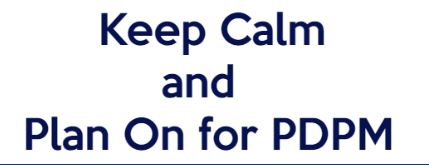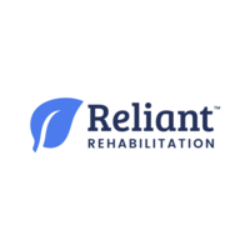
Over the years, the burden associated with the current Medicare required assessment schedule has become “just part of the job.” Staffing of the MDS office is largely driven by Medicare part A census because all residents admitting to a facility for a skilled part A stay will receive a 5-day assessment and depending upon their length of stay may also have a 14-day, 30-day, 60-day, and 90-day assessment. Changes in therapy delivery trigger an additional set of required assessments.
CMS has boasted The Patient Driven Payment Model (PDPM) will reduce provider burden by implementing a significantly reduced required assessment schedule outlined as:5-day Scheduled PPS Assessment | Completed days 1-8 | Covers payment for ALL Part A daysPPS Discharge Assessment | Set as Medicare A stay end date. | Does not affect payment.
In addition to all OBRA requirements remaining the same, the Medicare required PPS assessment schedule consists of these two assessments. That’s it. CMS does acknowledge that changes in the resident’s clinical condition may affect resource use; therefore, they have created an optional Medicare assessment: Interim Payment Assessment (IPA) | Date facility chooses | Payment begins same day as ARD.(triggering event)
Read more about the importance of quality in our MDS assessments here.





